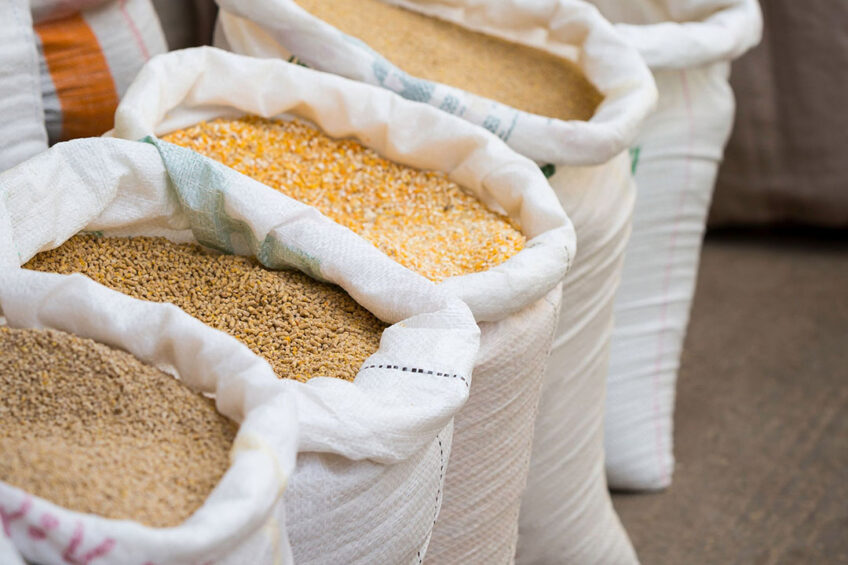New packaging technology to double the shelf life of feed

A group of scientists from Ryazan polytechnical university, Russia, have developed a technology for packaging feed in sealed containers filled with CO2 instead of oxygen. The technology is said to extend the shelf life of feed from the standard of 40 days to 3 months.
“Our experiments showed that feed stored in a CO2 environment experiences no negative consequences and retains all the properties required for at least 3 months. In this period, the development of pathogenic microflora was not recorded in the product samples at all,” commented Aleksey Chernyshev, one of the authors of the study, adding that the technology would likely provide sanitary protection of feed beyond that time.
Caution advised as research continues
“Now, we continue the research at a new level. The next batch of feed was stored using our technology for 150 days. We haven’t submitted samples for analysis yet,” Chernyshev said.
However, the scientists advise caution with regard to their findings. As it is yet to be seen whether the CO2 environment protects feed from mycotoxins.
The scientists have already developed a set of packaging equipment for storing feed in a CO2 environment.
“The principle of the technology is that we have a special container installed in a rigid cassette. So, feed is supplied directly through the bunker located on top of the installation. It is poured into the container with a simultaneous supply of carbon dioxide,” the scientist explained.
Halting the spread of infection
The Ryazan scientists believe that all types of dangerous microflora and fauna cannot survive in a purely CO2 environment.
“The gas, interacting with fats and moisture, which are present in compound feed, forms carbonic acid, which gently disinfects the entire contents of the storage tank. This acid is very unstable, easily decomposes into harmless components and does not cause any harm to fattening animals,” the researchers said.
Slow down spoilage in infected feed
Preliminary studies have also shown that the new packaging technology could slow down or completely stop spoilage processes in already infected feed. This feature could come in handy when disinfection tools are temporarily unavailable, the scientists said, adding, however, that the CO2 environment fails to disinfect feed on its own.
“In certain cases, the use of feed is allowed if it already contains pathogenic microflora, but it is in a “sleep” mode. Such a situation will not negatively impact, for example, fattening broiler chickens. So, this [technology] allows not to write off spoiled feed, but to use it without loss,” Chernyshev said, adding that researches in this field are ongoing.







